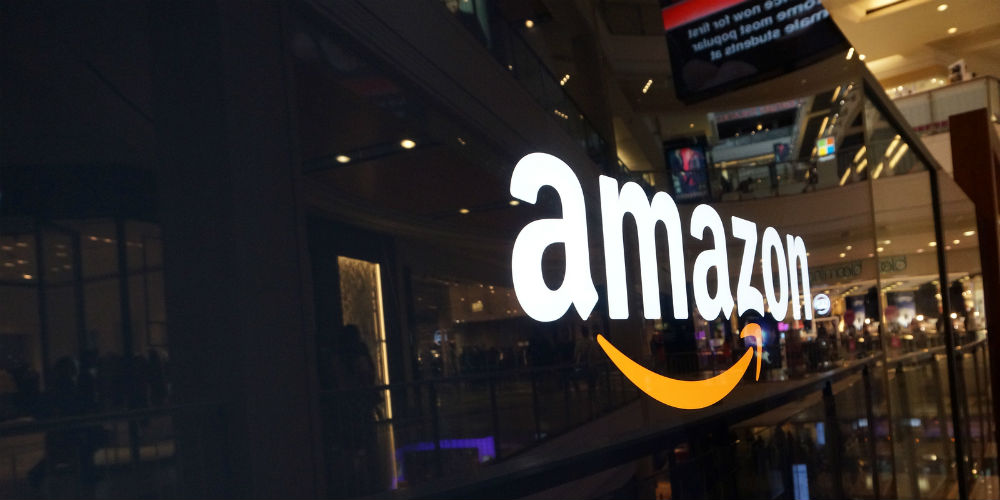Retail’s new merchandise: Financial health

Bank where you shop
Over the last decade and a half, retail giants such as Amazon, Walmart, and Target have jumped into the financial services game while offering compelling rewards such as discounts and money back. In mid-September, Walgreens became the most recent household name retailer to make this move, announcing the launch of Scarlet™, which gives customers 10% cash rewards on Walgreens branded purchases and 5% cash rewards on other purchases made at the retailer.
The trend of retailers-to-bankers has largely been a success among socially conscious, brand loyal, and busy consumers who are looking for financial products that give them more of what they want. For me, it’s my Amazon Prime Rewards Visa Card offered through Chase. The card provides 5% back at Amazon and Whole Foods Market – where I do most of my retail shopping – and I can choose to pay back purchases over time, interest-free. The aforementioned products are not that unique in today’s market, but they are meeting customers where they are physically and have the potential to address consumer pain points along their financial health journey. If done right, their growth potential is massive.
Shopping toward Financial Health
By venturing into financial services, retailers have positioned themselves as crucial catalysts for improving their customers’ financial health and some are stepping up to the plate.
One of the first retail cards on the market was the Walmart MoneyCard and it has led the retailer prepaid card market since inception. In June, the company announced this product will be offered as a DDA through Green Dot Bank in order to better equip Walmart customers to budget and save money, with a stated goal to “ultimately improve [consumer] financial health.” The MoneyCard has over one million account holders today and now comes with overdraft protection up to $200, up to two days early direct deposit, and a high-yield savings pocket.
If you dust off your pre-pandemic memory bank, you may recall Amazon’s launch of the Amazon Credit Builder secured credit card in mid-2019. Despite some negative press around its high APR, it is a valid alternative spend account for no file, thin file, and near-prime (pun intended) customers. It provides virtually the same benefits as my Prime Rewards card and allows people to graduate to unsecured credit once qualified. And unlike most secured cards, there is no annual fee. It’s a small step in the right direction for Amazon.
Walgreens also looks poised to increase their work around financial health for consumers through the Scarlet card. Maria Smith, VP of Payments & Financial Services at Walgreens stated, “With a focus on our customers’ health and wellbeing, Walgreens is pleased to expand our financial services offerings with Scarlet.”
The demand for these retail financial services products are likely bolstered by the rewards they offer, but the real value they hold is in their ability to help consumers improve their financial health. The popularity of these products and their push to provide financial health assistance for consumers is a testament to the growing financial health movement.
A threat to core members
Credit unions cannot conflate the new Scarlet account or the Walmart MoneyCard with other GPR prepaid cards commonly found on J-hooks at retailers. These products are chalk-full of features sought by consumers; early access to their direct deposit, a large ATM network, personal spending analysis tools, savings pockets, and mobile check cashing.
Similar to what we ‘sat back and watched happen’ with innovative neobanks years ago, we may be observing a retail trend that directly impacts our ability to acquire and retain members.
Compete on financial health
Like large-scale retailers, credit unions must develop a comprehensive strategy to address the financial health needs of members, employees, and the communities we serve. Credit unions have the advantage today, but given the recent market shifts and new entrants, don’t expect our advantage to last too much longer. Delivering on financial health is key to long-term and sustainable member relationships, regardless of what happens next.
Start by understanding the specific pain points facing members. We created Attune to help you do this.
While the majority of people in America expect their primary financial institutions to help them improve their financial health, only 14% “agree strongly” that they are actually receiving this service. Amazon, Walmart, and Walgreens are looking to close this gap in expectations. Will credit unions win this race?

